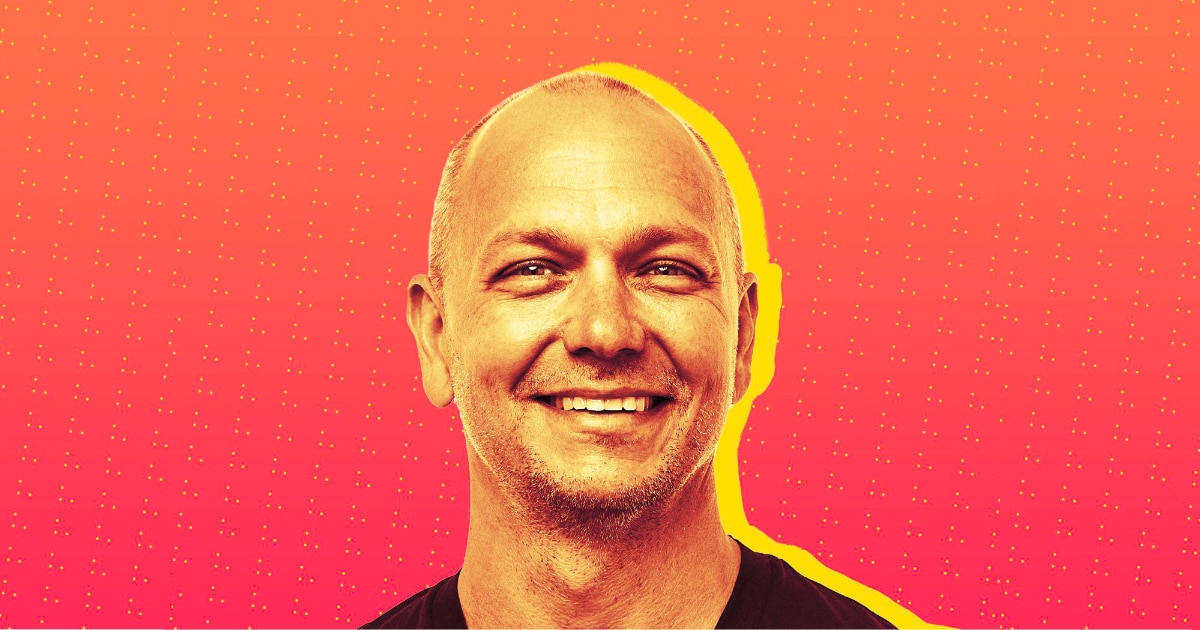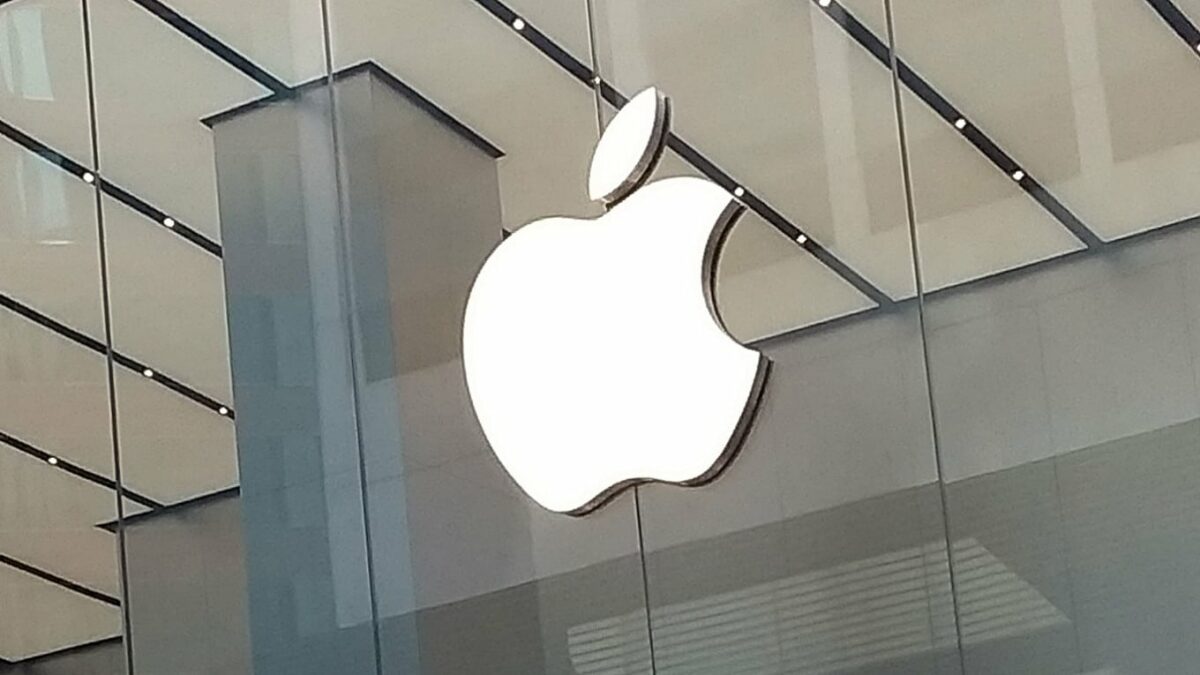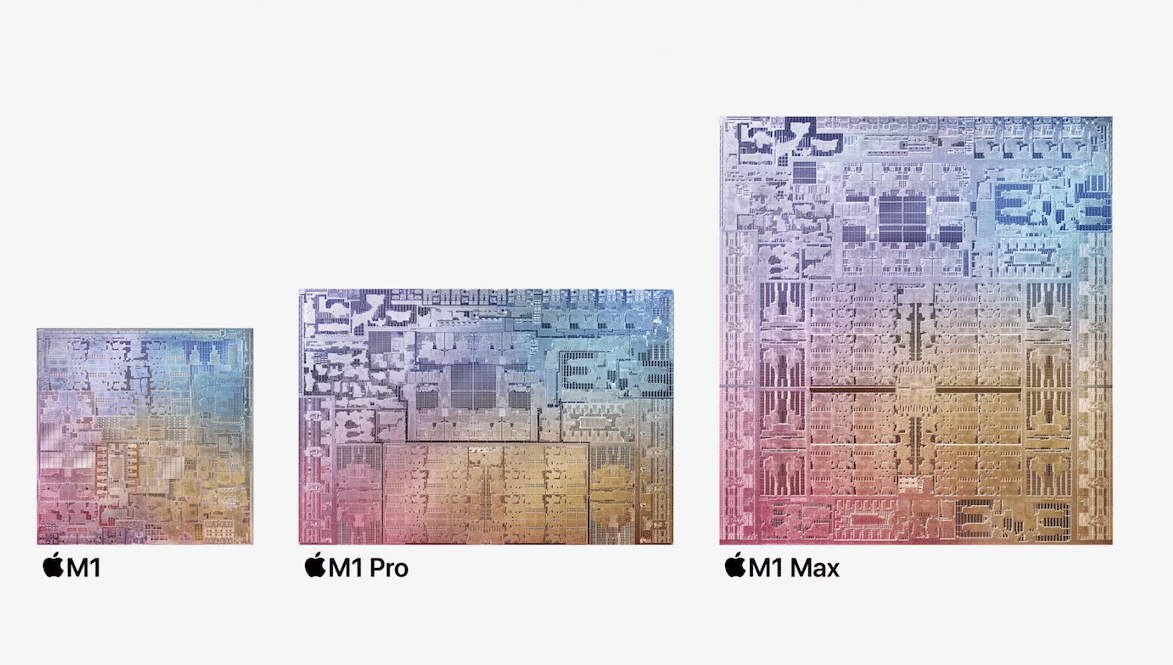Former Apple executive Tony Fadell recently went on the Decoder podcast with The Verge’s editor-in-chief Nilay Patel to promote his new book “Build.” In the podcast episode, Fadell talks about the early days of the iPhone and iPod, his company, the culture at Apple, and more.

Tony Fadell shared many tidbits about the development of Apple products back in the day
Tony Fadell first joined Apple in 2001 and helped develop the first-generation iPhone and iPod. In 2010, Fadell left Apple and co-founded Nest Labs. He sold Next to Google for $3.2 billion in 2014 and eventually left Google. Now, he runs an investment firm called Future Shape.
Talking to Nilay Patel on the Decoder podcast, Fadell touched upon how passionate Apple was under Steve Jobs in comparison to Google. While the former Apple executive praised some of Google’s qualities, he said they did not compare to Apple’s vision.
They just saw it more as dollars, at least from the finance side. People inside the company were just like, “Oh, it’s yet another project we are trying.” At Apple, every single thing that was tried — at least under Steve — needed to ship because it was existential. You couldn’t not make the iPhone successful because you were cannibalizing the iPod business. It had to be successful, and everyone needed to be on it. If you were on something that was distracting from it, you needed to move to it and work on it.
That was not the culture at Google. Obviously they are successful, with many smart people, and that works for them. It is very different when you live and die each day by your vision, your mission, your dream. You do not want to just run to another project because it is just safe and easy; you are trying to do something hard. At that time, that was not how Google thought.

A ton of people dismiss Apple and its products since the company takes more time than its competitors when introducing new technology. Like 5G or a display without bezels. In response to this, Fadell said that the company simply takes its time to advance and perfect technologies. For example, after acquiring semiconductor firm P.A. Semi in 2008, the tech giant spent more than a decade perfecting its own iPhone and iPad chips before transitioning its Macs to Apple Silicon in 2020.
People are faulting them because they think there is not enough innovation. Well, you just said it: M1 processors. We didn’t start the M1 project, but we did start the Apple processor thing together when we bought P.A. Semi back around 2008. That was getting us on that path.
It takes years to be able to best the processor guys in the business, but they did it. To me, that is innovation. It is a lot of risk to make that switch over. Maybe they could have done it a little bit faster, but no one else did it. Now, everyone is trying to copy them and say, “We are going to make our own processors.”

Fadell also discussed the development of the original iPhone and how one team was trying to scale down macOS while the other tried to make an embedded Linux version of the device.
Jon Rubinstein [senior VP of the iPod division at Apple] and Steve Sakoman [hardware engineer and executive at Apple] at the time said, “Mac OS will never work on iPhone because it is too big. So we are going to go off and build a new team to make an embedded Linux version of this next generation thing.”
Then Avie Tevanian [chief software technology officer at Apple] said, “Oh, we are going to scale down Mac OS and make it work.” I sat there in the middle between Avie and Jon as they were doing their software things. I am here with the team, looking at building the iPhone hardware processor, and these two guys are going to war with each other.
The full episode of Decoder with Tony Fedell can be found on Apple Podcasts. The transcript of the interview is available on The Verge.
Read more: